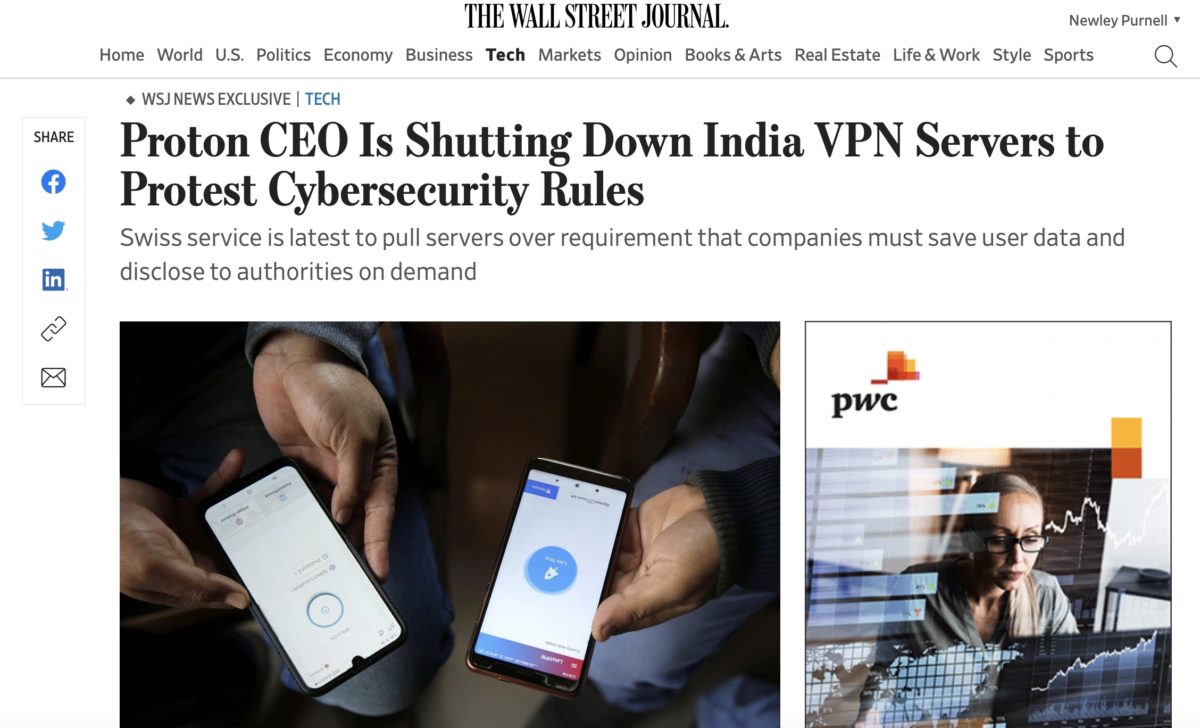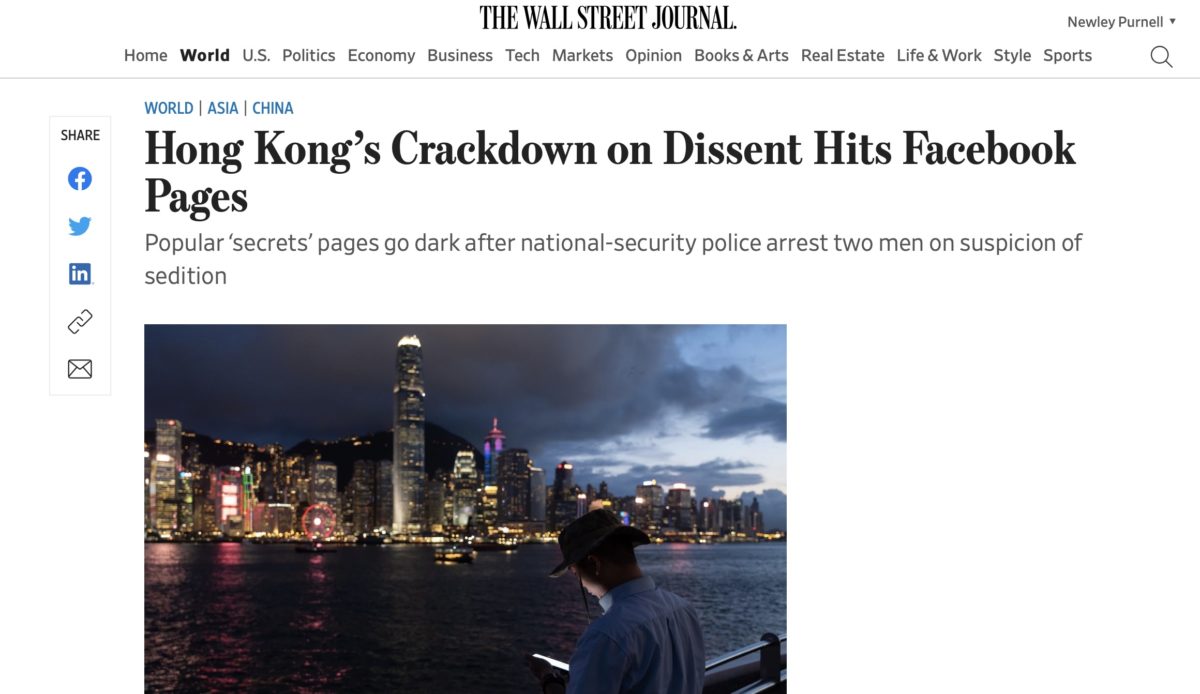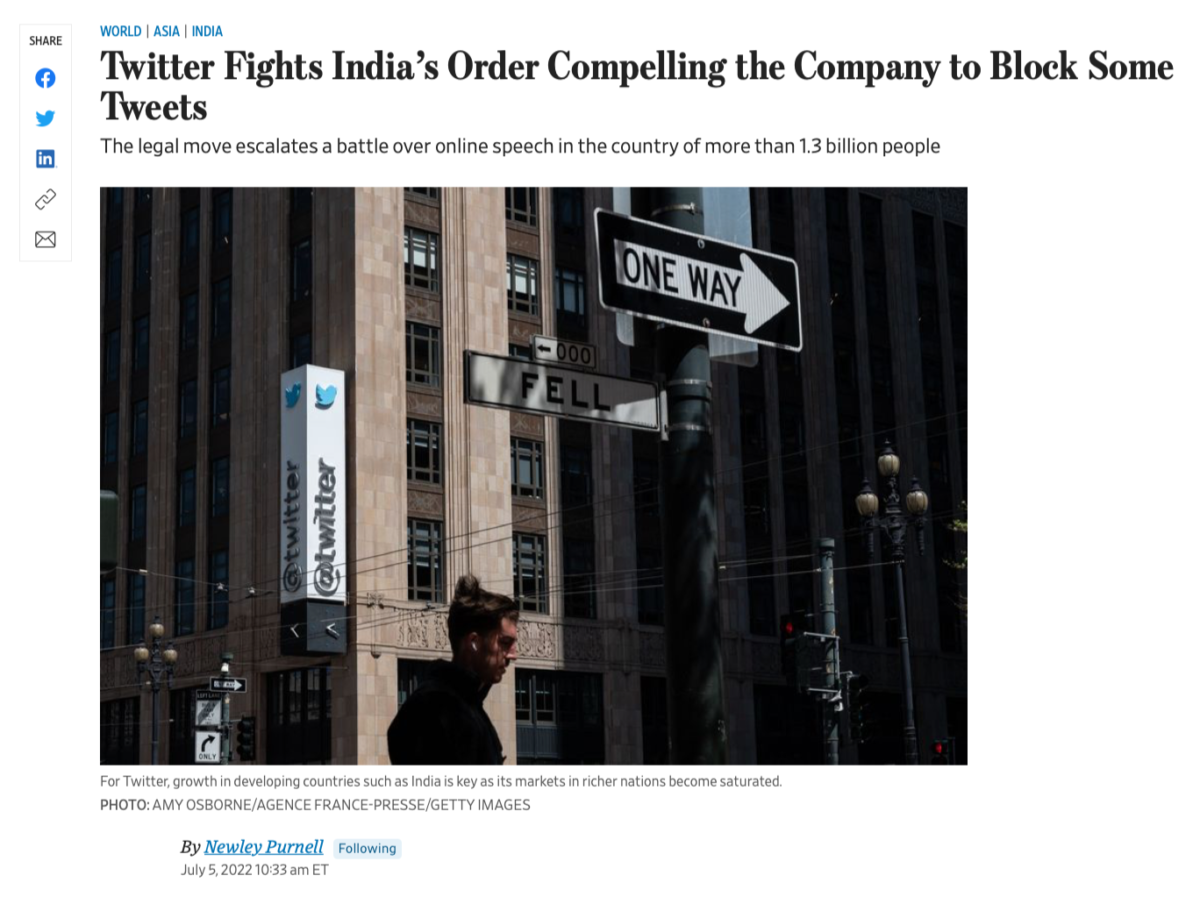That’s the headline on my newest story, out Saturday. It begins:
An upstart e-commerce service is winning more new shoppers in India than Amazon.com Inc. and Walmart Inc.’s Flipkart, posing a challenge to the U.S. retailing titans, which have plowed billions of dollars into the world’s biggest untapped digital market.
Bengaluru-based Meesho is leading the burgeoning social-commerce sector, allowing users to sell items by sharing product listings with friends via Meta Platforms Inc.’s popular WhatsApp messaging service, along with Facebook and Instagram. Meta is also an investor in Meesho, with an undisclosed stake.
Meesho was the world’s most-downloaded shopping app during the first half of this year, according to app analytics firm Apptopia, with shoppers pointing to its ease of use, wide selection of products and low prices. Some 127 million people downloaded the app, which is available only in India, compared with 81 million downloads for Amazon and 50 million for Flipkart during the period.
Amazon and Flipkart are “more for the top 1%-5% of the population” in terms of income, specializing in more expensive goods such as smartphones and televisions, said Meesho Chief Financial Officer Dhiresh Bansal.
Click through to read the rest.









